Keynote Speakers
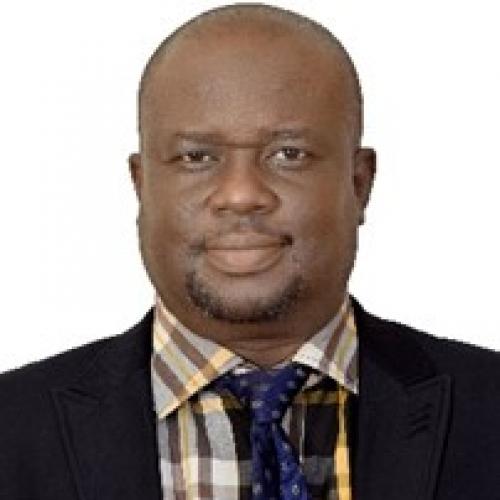
Mohammed Abdulaziz
Dr. Mohammed Abdulaziz is the Head of Division, Disease control and Prevention, Africa Centres for Disease Control and Prevention, Addis Ababa, Ethiopia. He is a medical doctor and has a master’s in public health. He is a fellow of the West African College of Physician and rose to the rank of Chief Consultant Physician before Joining Africa CDC. He is one of the foundation senior epidemiologists who started the operationalization of Africa CDC in 2016 and had previously served as the Principal Medical Epidemiologist where he was the program coordinator for Africa CDC’s first regional initiative to strengthen public Health in Africa. He is a fellow of the Chatham House Africa Leadership Program in public Health. He has led the development and validation of the Africa CDC strategy on NCD, Injuries and Mental Health and that of the Reproductive health which are currently been implemented to support African Union member states. During the COVID-19 pandemic response he co-chaired the Infection Prevention and Control Technical Working Group for Africa CDC continental response to COVID-19. He is the coordinator of the Country engagement workstream of the Africa CDC SLL program. Dr Mohammed has over 40 publications in peer review journals.
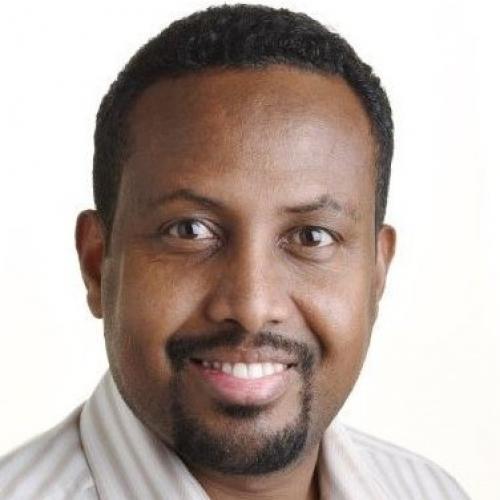
Mohamed Ibrahim
Dr. Mohamed Ibrahim is an assistant professor at the University of British Columbia School of Social Work and a Michael Smith Health Research BC Scholar. He is an affiliated research investigator with Vancouver Coastal Health Research Institute and a past Clinical Addiction Fellow at the British Columbia Center on Substance Use. Dr. Mohamed’s areas of research focus on global mental health, addiction, mental health and psychosocial support and peacebuilding, task-shifting/sharing in lower- and middle-income (LMIC) settings. He teaches graduate and undergraduate courses in health and addiction. His health leadership and clinical work covers over 20 years in East Africa including working in the Kenya public health care system, refugee and internally displaced settings in Somalia, Kenya and Uganda. Dr. Mohamed also has extensive clinical experience in the mental health and addiction sector in Canada and United States of America.
Panelists
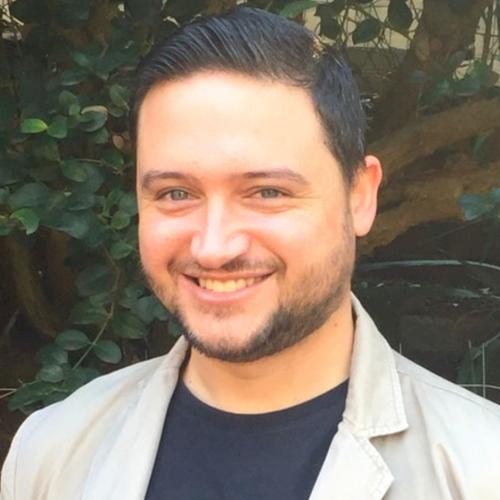
André Janse van Rensburg
André J van Rensburg is a social scientist and Associate Professor of Health Systems Research at the Centre for Rural Health, University of KwaZulu-Natal, Durban, South Africa. His principal area of expertise lies in the integrative strengthening of public mental health systems in low-resource settings, particularly through processes of co-development and collaborative learning. His current research includes the development and testing of a multilevel model of transitional psychosocial care and support for people living with severe mental distress (National Institute for Mental Health), and the testing of a person-centred model of care for people living with chronic multimorbid conditions in primary healthcare settings (National Institute for Health and Care Research). He is a nationally rated researcher, serves on various provincial and national health policy committees, serves on global health funding review committees for the Wellcome Trust and the National Institute for Health and Care Research, and is an editorial board member of Global Mental Health.
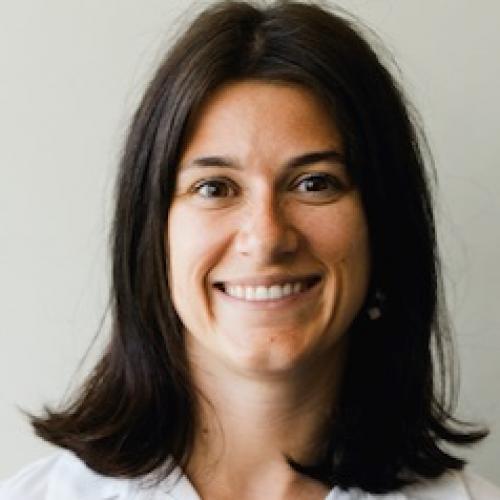
Brittney Dudar
Brittney Dudar is a Portfolio Manager on Grand Challenges Canada’s Global Mental Health team, where she is responsible for leading the Sub-Saharan Africa cluster of investments for the Being Initiative — an international mental health initiative working with young people to improve their mental health and wellbeing through research, innovation, and ecosystem building in 12 priority countries. Brittney has over a decade of experience supporting innovators to scale early-stage technologies and global health products and services, and is passionate about supporting social innovators working on global health challenges to access the capital and supports they need to scale locally-developed solutions to local problems.
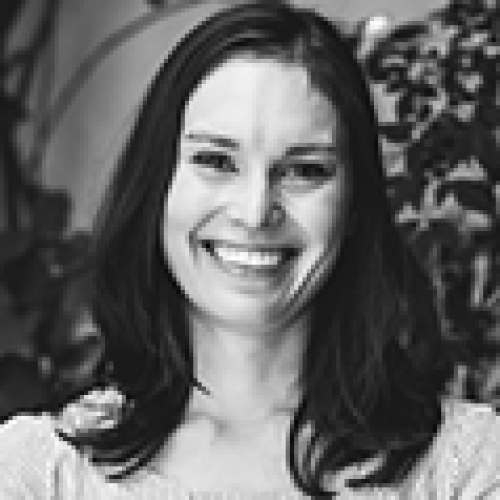
Jura Augustinavicius
Jura Augustinavicius is an Assistant Professor in the Department of Equity, Ethics, and Policy at the School of Population and Global Health at McGill University and an Adjunct Professor in the Department of Mental Health at the Johns Hopkins School of Public Health. At McGill, she is an Associate Director of the Centre for Climate Change and Health and a member of the WHO Collaborating Centre for Research and Training in Mental Health. Dr. Augustinavicius regularly works with governments, NGOs, and UN agencies on mental health and psychosocial support in humanitarian settings and in the context of climate change. She currently leads several climate change and mental health focused research projects that bring together teams with interdisciplinary and intersectoral expertise.
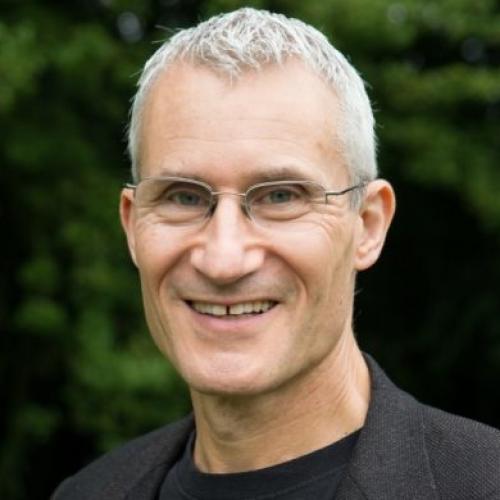
Kenneth Miller
Ken Miller is the Edith Lando Professor of Counselling for Refugee and Immigrant Youth and Families at the University of British Columbia in Vancouver. His work is focused on understanding and addressing the mental health needs of conflict-affected populations. He has published extensively on the various pathways by which war impacts mental health and has a particular interest in parental wellbeing and parenting in war-affected families. Together with teams in Lebanon and Gaza, he recently led the development and evaluation of the Caregiver Support Intervention (CSI), a nine-session mindfulness-based group intervention aimed at lowering stress and distress in conflict-affected parents. Dr. Miller is the co-editor of The Mental Health of Refugees and the author of War Torn: Stories of Courage, Love, and Resilience. His blog The Refugee Experience can be found on PsychologyToday.com.
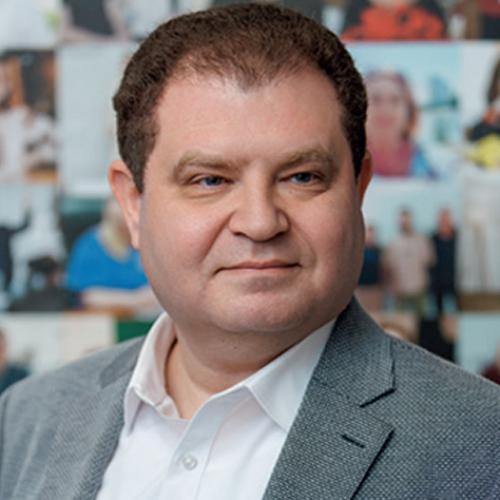
Fahmy Hanna
Dr. Fahmy Hanna (MD), a psychiatrist by training, has more than 18 years of experience in mental health services and its development in low and middle-income settings. He served mainly at WHO duty stations in countries affected by complex emergencies, including in WHO Libya and Syria. In 2014, he moved to WHO in Geneva, where his main areas of work include providing technical assistance to countries on mental health during emergencies and supporting governments and WHO partners in scaling up mental health care. Since July 2017, Dr Hanna is representing WHO as the co-chair of the Inter-Agency Standing Committee Reference Group for Mental Health and Psychosocial Support in Emergencies. Dr Hanna is WHO HQ technical focal point for mental health and psychosocial support and COVID-19.
Conference Co-Chairs
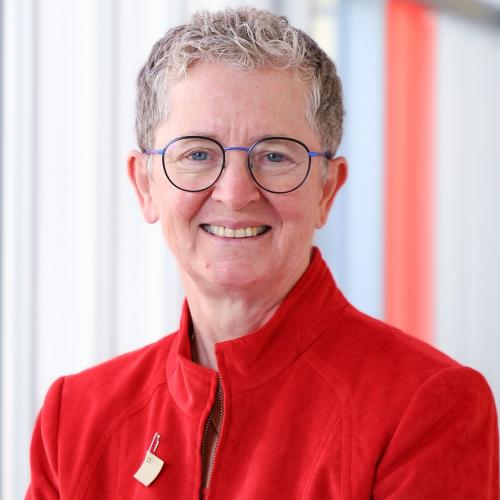
Jana Davidson
Dr. Jana Davidson was the Chief Medical Officer (CMO), BC Children’s Hospital, and BC Women’s Hospital + Health Centre.
She had the privilege of growing up as an uninvited white settler in Treaty Eight Territory in the traditional and ancestral lands of the Dunne-za First Nations in the community of Fort St. John, BC. She is a daughter, sister, spouse and mother and grateful to reside now as an uninvited white settler in the ancestral and traditional lands of the Tsawwassen First Nation.
She held the position of CMO at Children’s and Women’s from January 2020 – December 2024. In her role as CMO, she had the privilege of overseeing both hospitals’ related research institutes: BC Children’s Hospital Research Institute and the Women’s Hospital Research Institute. Prior to this she was Chief of Psychiatry at BC Children’s Hospital and Division Head for Child and Adolescent Psychiatry at UBC (2008-2020).
Jana is a child and adolescent psychiatrist and a Clinical Professor in the Department of Psychiatry at the University of British Columbia (UBC). She works clinically with several northern communities via tele-psychiatry and with the Tsawwassen First Nation. She completed her medical training and psychiatry residency at the University of BC and her child and adolescent psychiatry fellowship training at BC Children’s Hospital and the Early Psychosis Intervention Program in Melbourne, Australia.
Jana is a passionate ally in the work of eliminating Indigenous specific racism from health care in BC and in embracing diversity, equity, and inclusion to improve health outcomes, and to inform research as well as it’s translation. She received the Champion of Change Award from the Doctor’s of BC in 2018.

Mohamed Ibrahim
Dr. Mohamed Ibrahim is an assistant professor at the University of British Columbia School of Social Work and a Michael Smith Health Research BC Scholar. He is an affiliated research investigator with Vancouver Coastal Health Research Institute and a past Clinical Addiction Fellow at the British Columbia Center on Substance Use. Dr. Mohamed’s areas of research focus on global mental health, addiction, mental health and psychosocial support and peacebuilding, task-shifting/sharing in lower- and middle-income (LMIC) settings. He teaches graduate and undergraduate courses in health and addiction. His health leadership and clinical work covers over 20 years in East Africa including working in the Kenya public health care system, refugee and internally displaced settings in Somalia, Kenya and Uganda. Dr. Mohamed also has extensive clinical experience in the mental health and addiction sector in Canada and United States of America.
Moderators
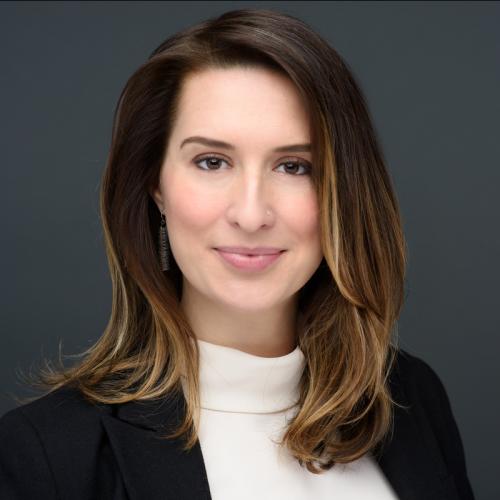
Katharine Thomson
Dr. Katharine Thomson is the Head of Psychology at BC Children’s and Women’s Hospital where she supports both psychologists and interdisciplinary teams across the campus. Dr. Thomson received her PhD in Clinical Psychology from the California School of Professional Psychology and completed a postgraduate fellowship in medical psychology at Boston Children’s Hospital and Harvard Medical School. Previous to her current role, Dr Thomson worked with the Compass Team in Healthy Minds to build capacity and access to mental health care across the province. Dr Thomson is passionate about medical psychology, interdisciplinary consultation and teaching, and LGBTQ+ health equity. Kate identifies as a queer cisgender woman with White settler roots who is not living with a disability, and humbly recognizes the many privileges those identities have afforded her. Kate was born in Calgary and moved around the world throughout her childhood and adult life; she is very grateful to have landed as an uninvited settler in the beautiful Musqueam lands with her wife and two young children.